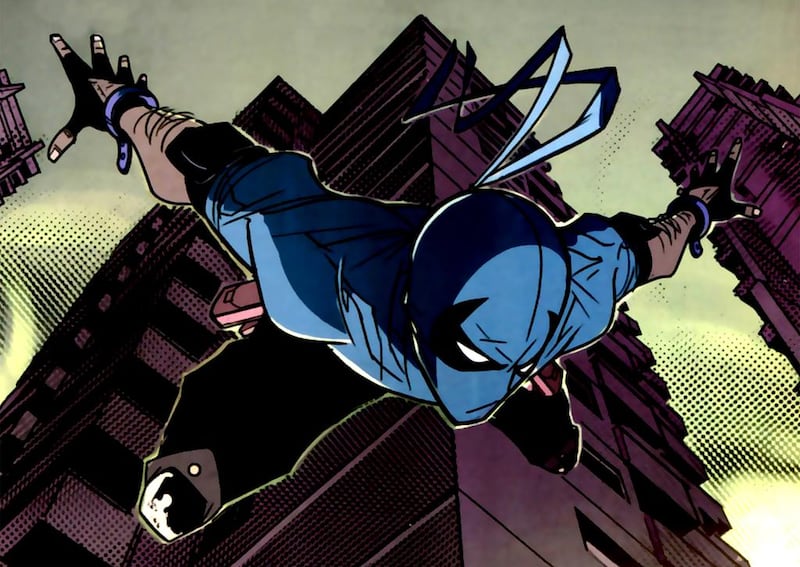On the Saturday evening of the New York Comic Con held last October, a packed crowd of New Yorkers cheered and nodded as a panel described their experiences as non-white fans of sci-fi and fantasy, often feeling discriminated against or invisible. Many of the audience were dressed as their favourite characters: there was a couple who had come as juvenile delinquents from the British show Misfits; a teenage Batgirl; and one Indian-American attendee who was “Captain India”, a home-made Captain America with a turban and a green-and-orange shield.
Among those contributing to the panel, titled Geeks of Color Assemble!, was a Pakistani-born, Minnesota-based computer scientist called Muhammad Aurangzeb Ahmad, who runs a blog called Islam and Science Fiction. He painted a mixed picture of the way that Arabs and Muslims are portrayed in mainstream geek culture: on one hand, he says, they are still "the quintessential 'other'" and often presented in opposition with the West; on the other, writers have become much more sensitive in the past decade and there has been a recent flowering of Muslim superheroes in American comics.
These include such Marvel and DC heroes as Nightrunner, an Algerian free-runner who teamed up with Batman; Simon Baz, a Lebanese-American member of the Green Lantern Corps, whose story begins when he’s a child watching the events of September 11 on television; and Dust, an Afghan member of Young X-Men who wears a niqab and turns herself into a sandstorm to take revenge on the slave traders who kidnapped her.
“There’s a general movement towards humanising Muslims,” Ahmad said. Anglophone sci-fi has yet to reach the point where the beliefs and culture of Muslim characters are presented as just one aspect of a multifaceted personality, he contends, but “we are getting there”.
[ artslife@thenational.ae ]






